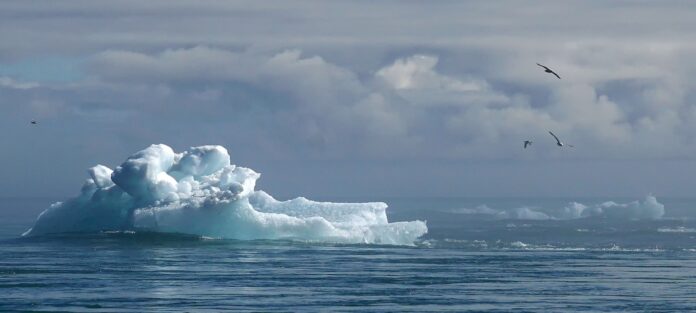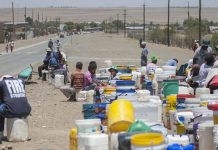
/
RSS Feed
Efforts by nations to unite against escalating environmental crises—climate change, plastic pollution, biodiversity loss, and desertification—are falling short. Despite decades of international negotiations under United Nations (UN) sponsorship, recent meetings have either failed outright or delivered limited outcomes that don’t match the scale of the problems.
Experts interviewed by the Associated Press describe multilateral environmentalism as “broken,” citing a cumbersome consensus process, the influence of the fossil fuel industry, geopolitical shifts, and the sheer complexity of global challenges.
Progress, But Too Little and Too Slow
While some progress is being made, especially on climate change, it’s not enough, said UN Environment Programme Executive Director Inger Andersen. “Is it frustrating? Yes. Is it difficult? Yes,” she admitted. But multilateral negotiations remain essential, giving smaller and poorer nations a voice alongside powerful, wealthy countries. “I wouldn’t classify it as an outright failure,” she added.
This slow pace is a stark contrast to the optimism of the late 1980s and early 1990s. The 1987 Montreal Protocol successfully tackled the depletion of the ozone layer, and the 1992 Earth Summit established frameworks for addressing environmental challenges, including the now-familiar UN Conference of Parties (COP) system. However, recent COPs have struggled to achieve impactful agreements.
Recent Failures and Limited Outcomes
-
Biodiversity COP (Cali, Colombia): Concluded without major agreements, merely acknowledging the efforts of Indigenous communities.
-
Climate COP (Baku, Azerbaijan): Secured financing for poorer nations to combat climate change, but the amount fell far short of expectations, leaving many developing nations dissatisfied.
-
Plastics Pollution Meeting (Busan, South Korea): Discussions ended without concrete commitments despite widespread agreement on the need for action.
-
Desertification Conference (Riyadh, Saudi Arabia): Progress was limited to preliminary stages of negotiation, with decisions deferred.















